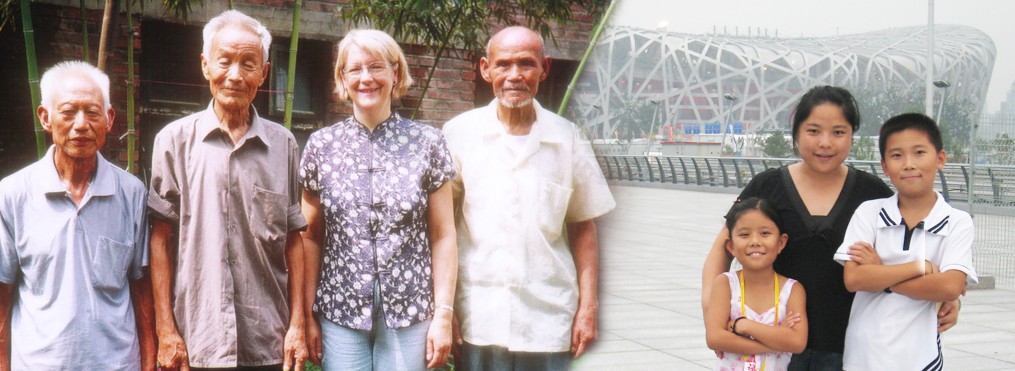It is harder and harder to find a Chinese street kitchen or street vegetable market these days in Beijing.
I am just back from Beijing, where small businesses like street kitchens, vegetable markets, small barbershops and much more are being banned not only from the city center, but also from the outskirts. Beijingers have to get their breakfast at a canteen or a restaurant now instead of walking around the corner to get their breakfast from a street kitchen. They have to do their grocery shopping in supermarkets.
By banning small enterprises and their owners from the city the government planned, among other things, to decrease the number of cars on the streets. Well, the fact, now that more and more Beiingers have to drive to supermarkets, rather increases the number of cars in the streets that are anyway congested.
Today a rental bicycle can be picked up in many places by unlocking it with a card. The bicycle is then dropped at the destination simply by locking it. However, there are no more bicycle repair people at street corners and under the bridges in case you have a small problem with your rental bike. They have disappeared as well.
Not only small shop owners have been forced to close down their businesses and leave Beijing. Also unskilled labor living in cheap housings complexes have to leave their homes and go back to their home villages, if they can afford the travel cost. The houses are pulled down and new, better ones are built.
Why is this happening?
“In China, people are supposed to receive their government benefits, such as health care and social security, according to the city where their hukou or household registration, is recorded. Over past decades, the hukou system became slightly more flexible to encourage people to leave the land and take up jobs. But amid increasing traffic jams, limited water resources and notorious air pollution, Beijing has recently launched a series of campaigns to force migrant workers out of the city, including attempts to tear down neighborhood shops and markets where they work, and prevent their children from entering local schools.”
“Beijing officials have targeted a 15% cut in population of the downtown districts from 2014 levels within the next two years. That amounts to a reduction of about two million people, and authorities have also a plan to demolish 40m square metres of illegal housing.”
“City officials deny they are seeking to banish Beijing’s estimated 8 million migrant workers and claim their focus is saving lives by clamping down on illegal, unsafe and overcrowded buildings. Last week Beijing’s Communist party chief announced that ensuring safety and stability was now his biggest political task.”
“President Xi describes the evictions as part of a broader bit to control Beijing’s 20 million-plus population and “beautify” its traffic-clogged streets. I like the vision they have: they want to turn Beijing into a less crowded, more green place,” Xi Lin, says, but I think the method is too harsh. Way too harsh.”
“In Banjieta village, on Beijing’s north-western fringe, scavengers comb through the ruins of another recently felled housing estate. They just want us to go home, says Wang Qin, a 46-year-old recycler from Henan province. These officials and Xi Jinping: they don’t want the poor living here.”
The Guardian: https://www.theguardian.com/world/2017/nov/27/china-ruthless-campaign-evict-beijings-migrant-workers-condemned
